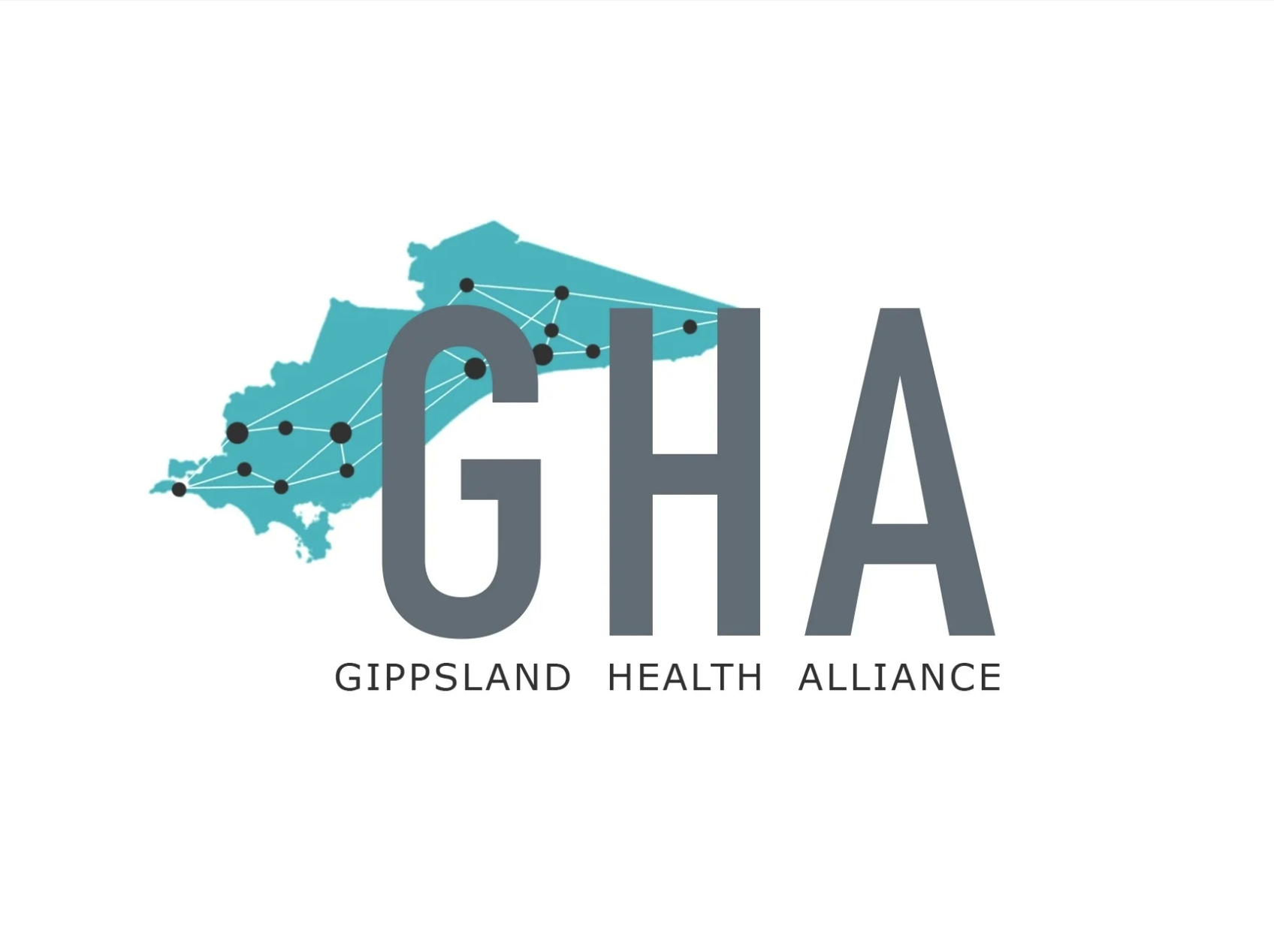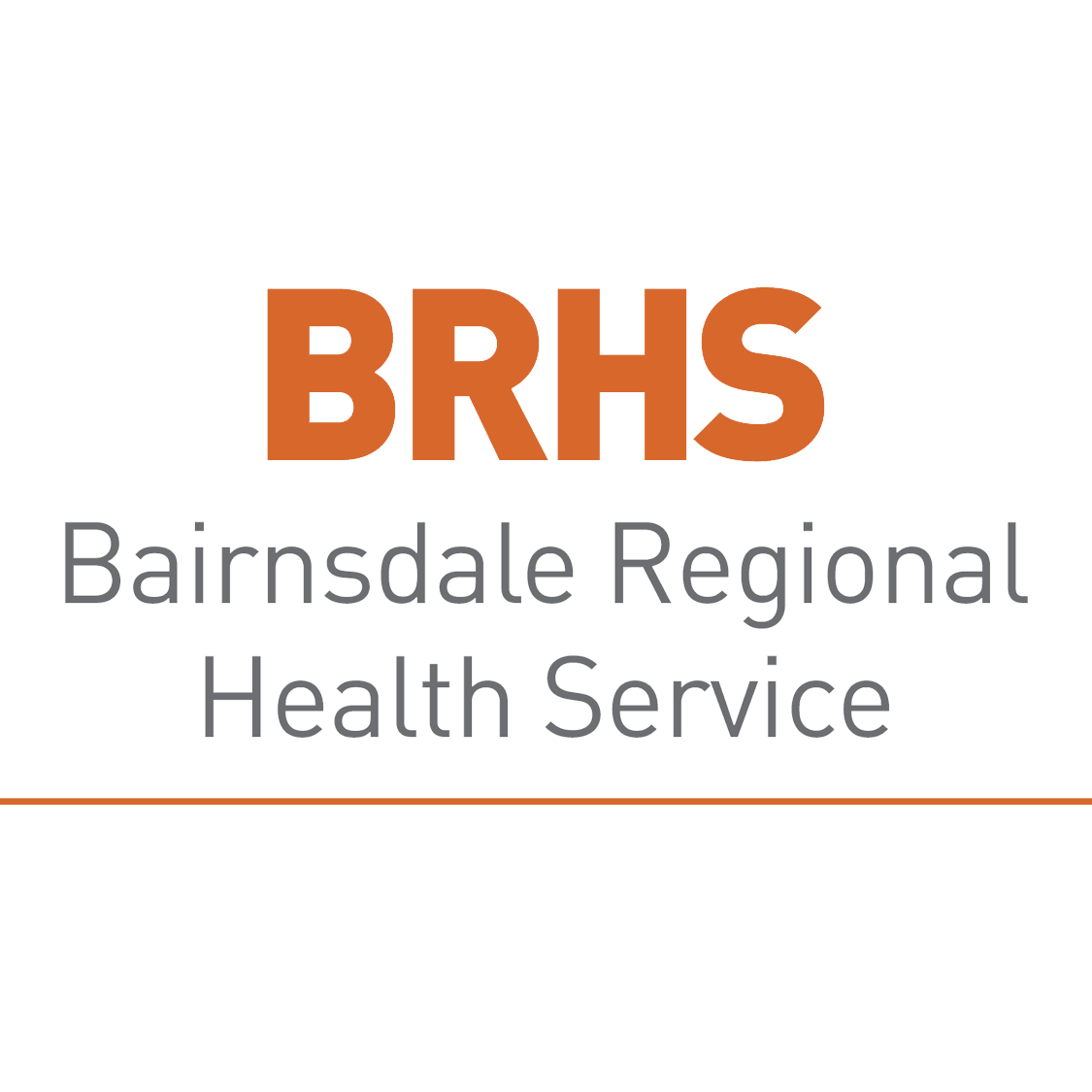
eLearning & Digital Course Creation
Development and authoring of online training and orientation packages, interactive software simulations, and SCORM compliant projects for use with any existing or new LMS.
*Often linked with Project Support services.
“When it comes to marrying online with offline effort, technology is not a driver, but it is critical in making it happen”
Due to IP agreements we cannot showcase our work on a public forum, we are happy to organise a demonisation with you to be able to see our work.
If this appeals please get in touch below
Who have we trained?
Our training courses have been developed and delivered to thousands of end-users across many disciplines and specialties within the healthcare industry. The most significant proportion of our end-users are formed by the large volumes of nursing staff impacted by organisational changes such as an EMR/DHR implementation. However, this group also includes Administrative and Clerical staff, Medical staff, a wide number of Allied Health specialties, Pharmacists, and more.
We firmly believe in being guided by evidence, so we capture as much post-training feedback as we can. Read on below for what people have said.
Percentage (%)
What did they think?
Training content that is perceived as worthwhile underpins staff engagement, information retention, and overall return on training investment.
When asked after completing one of our online training courses if these eLearnings were a worthwhile use of their time, 94% of staff either agreed or strongly agreed that they were, and 93% agreed that the training helped prepare them well for performing their jobs post change implementation.
Additionally, 97% of these users said they valued the content was created specifically for their organisation, as opposed to generic modules.
The time spent on this course was worthwhile to me
From experience, we consider a two-stage comprehensive training structure of both online and face-to-face training to be the gold standard, for both learning experience and information retention.
With this structure, online training is used as a ‘primer’, to introduce concepts and basic principles, with face-to-face training then used to consolidate skills and embed knowledge by applying these newly-learnt skills to real world situations.
In this format, 98% of staff reported that completing the eLearnings prior to a face-to-face session was beneficial to their learning and confidence. Additionally, staff that had completed their online learning prior to class were more likely to report content in the classroom would be useful to them on the job, that content was presented at an appropriate level, and were more likely to report that their own training objectives had been met.
The eLearnings helped prepare me for classroom training
Was it useful?
We also value qualitative data. At the end of our eLearning courses, we often simply ask ‘Was this online training useful to you? Why / why not?’
When this feedback is compiled into a word cloud, with frequency of use dictating the size of each term, the data tells a story of its own.








